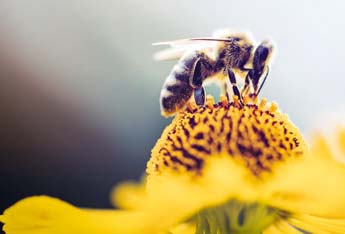About Us
Our Businesses
Investors
Responsibility
Media
Careers
From boosting biodiversity in almond groves to supporting Amazonian communities, Jordans has been doing good while growing strongly for almost five decades.
Jordans was one of the UK’s original ‘purpose-driven’ brands. It’s hard to imagine now, but when it was founded in 1972, the idea of using organic oats in breakfast cereals to improve people’s health and protect the environment was a novel idea. However, as interest in the links between food and health has grown, so too has the Jordans brand.
In 1985, Jordans was a pioneer in working with farmers to not only grow oats and improve yield, but to make sure space was provided for wildlife. This approach remains a cornerstone of the brand today. In 2016, Jordans built on this foundation by launching The Jordans Farm Partnership – an improved farm partnership model working with UK conservation charity, The Wildlife Trust and LEAF. This requires at least 10% of each British farm that supplies Jordans to be managed for wildlife, overseen by an environmental adviser and supported by agronomists. Thirty-four farmers now grow oats for Jordans, creating more than 4,200 hectares of land – or 3,000 football pitches – for wildlife such as barn owls, brown hares, turtle doves and vital pollinating insects including bees.

The brand’s purpose-driven work has grown alongside its international footprint. In 2019, Jordans assisted the Seeds for Bees project in Californian almond groves, introducing wildflowers on 512 acres of land. This practice boosts biodiversity and improves pollination and almond yields. The flowers also provide ground cover, which reduces soil erosion and improves moisture retention – a significant benefit in this drought-hit area.
Jordans also supports a programme in Bolivia that protects Brazil nut trees and the communities that depend upon them. Brazil nuts – a staple in many Jordans products – are a fascinating ingredient that are entirely ‘wild harvested’ from the Amazon rainforest. As Brazil nut trees depend on the forest to fruit, they are threatened by deforestation, with the nutcollecting communities themselves also vulnerable to poor harvests. The programme works with 15 harvester communities to help grow healthy Brazil nut trees and plant new saplings in the forest. In doing so, it demonstrates how the rainforest can generate economic prosperity for its communities. The initiative also identifies new income streams for harvester communities and provides guidance on health and sanitation.